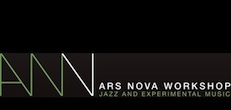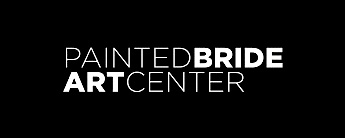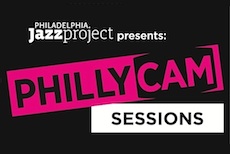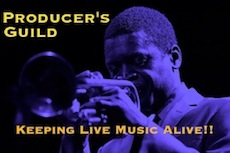Welcome to Philadelphia Jazz Project
Behind The Sounds - Jonathan Orose
Apr 26, 2018
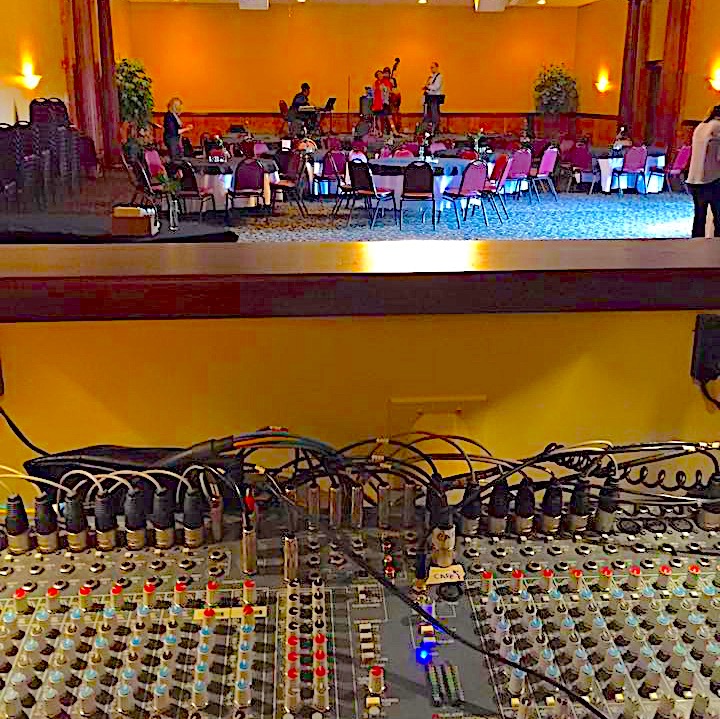
Every time we attend a concert, there are people at work whom we may, or may not know, nor notice. These are people whose job is to make our experience as wonderful as possible. To that group of people who work behind the scenes in the Jazz community here in Philadelphia, we'd like to acknowledge their work and commitment. This series of articles, entitled Behind The Sounds is dedicated to the sound engineers.
Jonathan Orose is an under the radar freelance audio engineer, sound designer, musician, and professor of audio production and music technology. For 28 years he has served various roles in the industry from performer to composer to engineer to producer to sound designer to live sound technician to mad scientist. He has used music technology and acoustic science in various ways throughout his career from finding resonances of oil drums to create a weird sound design for a haunted house to using machines that convert biometric signals to MIDI signals for entirely random performances. Most of his time is spent inspiring students to reach their potential as audio engineers and consulting on various musical, dramatic, visual, and system design projects. Serving as the chair of the Philadelphia section of the Audio Engineering Society and serving on the Producers and Engineers wing of the Grammys, Jonathan devotes much of his efforts to education, seeking little to no credit for the ability to help others realize their musical goals.
PJP Spoke with sound engineer, Jonathan Orose about his philosphy and his work as a sound engineer.
PJP: Can you describe your creative direction as a sound engineer?
Jonathan Orose: When it comes to creative direction, I typically leave that to the artist. My job as an engineer/producer is to see my client’s vision come to life. I am always surprised at what directions I am taken, and I love the collaboration it takes to see a project through to fulfillment.
PJP: Can you tell us a little about your studio, or your business as a sound engineer?
Jonathan Orose: My studio is everywhere and anywhere, doing much post (post) production work through tutoring, fixing things, and mentoring younger engineers. I don’t even think my name is on a lot I’ve done (and I kind of like it that way. I’m kind of a hermit!)
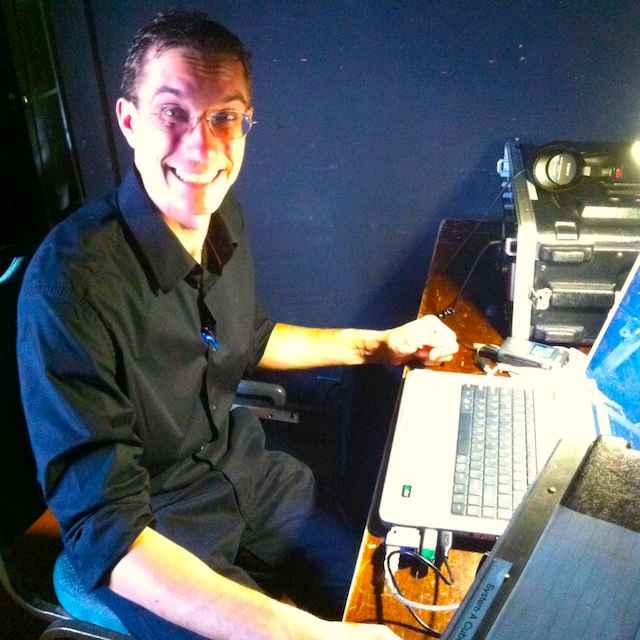 PJP: What inspired you to work in sound?
PJP: What inspired you to work in sound?
Jonathan Orose: My full-time performing career was cut short by a shoulder injury. I knew I didn’t want to give up music entirely, so I started expanding my sonic palette with electronic music. I found my niche in MIDI and synthesis and figuring out how to incorporate these into live situations and eventually ended up as an engineer.
PJP: How long have you been doing this work?
Jonathan Orose: 28 years. I started as a drummer, moving from rock, metal, and punk to jazz rather quickly before becoming an engineer (the mohawk just wasn’t cutting it!).
PJP: What keeps you motivated?
Jonathan Orose: The challenges that clients bring me. I’ve always taught my students that “there are no bad ideas just poor execution.” Merely sitting down with someone and using our collective genius (or sometime lack thereof!) to address a complex musical situation and execute it is motivation enough.
PJP: Can you share a bright moment from your work?
Jonathan Orose: Too many to fully recount, but whether I am recording, mixing, mastering, or anything else in a project there is that VERY UNSCIENTIFIC point where my foot starts to tap or my head starts to bang or my spine begins to tingle and I actually feel something. I hope I never lose that feeling!
PJP: We know that audio is a science, but what makes it an art?
Jonathan Orose: My unpopular opinion is that art is the application of science. Whether you are a musician or engineer, we are held accountable for a set of standard ideas (admittedly that change constantly) that need to be recalled instantaneously. While science may be very patient, art is not. There are many times I have gone against my better judgement with clients and found myself surprised by the result. If science is knowing, art is knowing when not to know.
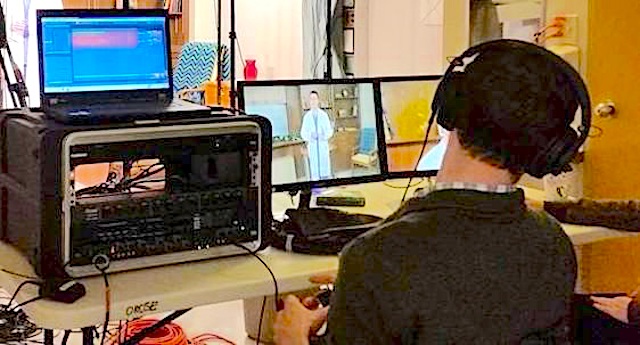
PJP: Why Jazz? When you could be doing anything else, Why this music?
Jonathan Orose Jazz, to me, falls in line with my above statement about science and art. Coming in somewhere between the elegant codification of classical music and the wash rinse repeat (cut and paste and loop) science of a lot of Rock and popular styles, jazz always feels, looks, and sounds live. I skirt that fine line what can be done (and can’t be done (yet), but like to remain in a situation where music can still be performed. When I started as an Electronic musician after my injury we had almost a full ensemble on stage (6-10 people) to actually perform the music and maintain that human to audience interaction. It felt live despite the artificial sounds. Jazz, to me, still maintains that ensemble/audience relationship while still pushing the envelope of what can be done live, versus what a computer can do.
Connect With Jonathan Orose on FACEBOOK
Follow PJP, like us, or just check us out at our pages on these social media platforms...
Philadelphia Jazz Project is a sponsored project of the Culture Trust | Greater Philadelphia, with funding provided by The Philadelphia Foundation.














